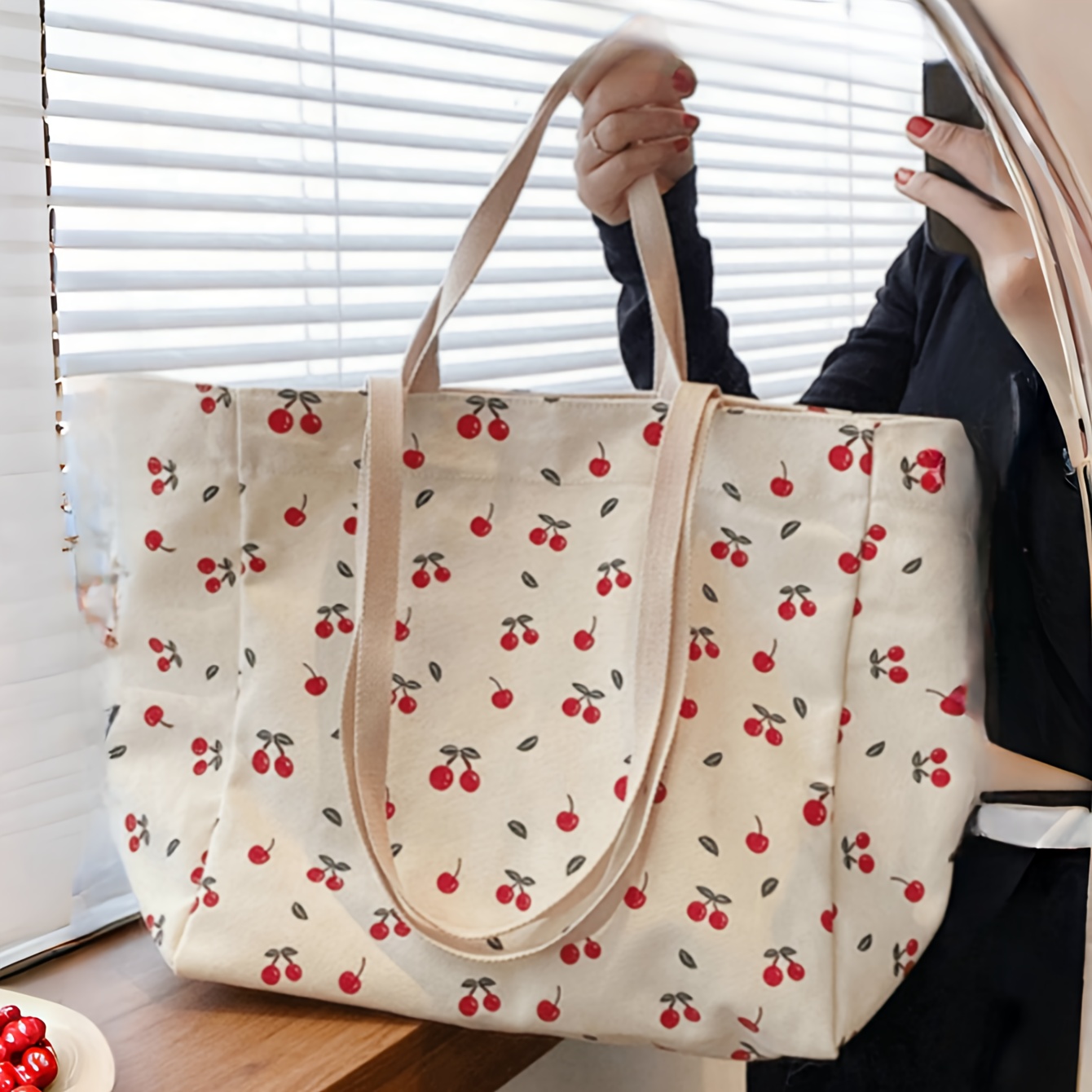We are thinking about money these days from the standpoint of negative economic expectations and recession. Many persons' finances have been impacted at their core, such as income from a job, rent, investments in financial markets, and so on. For a lot of people, consumption is limited to the most basic requirements: utilities, food, and just a small portion of their desires. With all of our responsibilities, we have little time to indulge in a few minor pleasures, and this may be the only way for us to relax and let go of the stress (Photo by micheile dot com on Unsplash).
We'd all like to have a lot more money in our bank accounts at the end of the month, and, unfortunately, we often can't save much, either for "rainy days" or to plan something fun. Nonetheless, there is a system that we may use to better manage our profits. People who understand money aren't generally affluent, nor are they prone to reckless spending.
5 REALISTIC WAYS TO HAVE A BETTER RELATIONSHIP WITH MONEY
#1 PAY THE NECESSARY
Learning to manage money takes time and experience, just like other activities that involve a measure of responsibility. Everything sounds great in principle, but when it comes to putting it into practice, things frequently don't go as planned. First and foremost, income and living costs must be clearly defined. The goal is to pay what is necessary as soon as the monthly amount is received, such as bills, rent, and other expenses. Everything else is prone to change, and once you know how much you have, it's easy to modify. This is not a new trick, but it will make you feel calmer and safer because you will spend everything you have left without feeling guilty about missing something vital.
#2 MAKE A FINANCIAL PLAN
We can distribute income and choose how to spend our "salary" if we leave things to the elements, because if we leave things to the elements, our desires will quickly overtake our needs, and the month will become too short, we will be over-indebted, and we will be without the new possibilities we have limited in advance. Quality money management is a key part of preventing and maintaining personal financial "health," and to manage something, you must first understand your wants and aspirations, as well as align your habits with your income.
#3 USE 50-30-20 METHOD
Consider your earnings as a cake that needs to be divided into 3 parts. The first part will be for necessities, the second for desires, and the third will be for savings. Depending on your income, the majority of your earnings, i.e. 50%, should be set aside to cover monthly expenses such as housing, utilities, food, transportation to work, car, and so on. The remaining 30% represents a portion of the desire to improve one's quality of life, such as travel, extra education, restaurants, finer clothing, and a more elegant vehicle. Saving is an essential component of any excellent personal finance plan. Saving is never a goal in and of itself; it is either a postponed expenditure or an investment in the future.
#3 BE REALISTIC
Of course, when we talk about creating a budget it implies that you've created a realistic budget beforehand. It can also fluctuate from month to month. People that are good at budgeting can be flexible. Food and clothing expenses, as well as coffee, lunches, and other activities, are scribbled on paper. If your money is insufficient to meet all of your aspirations, there is no better way to make everything attainable than to prepare nothing. Beginners in budgeting need not be terrified of tables or intricate calculations; there are various apps available for smartphones that will handle all of the work for you.
#4 DON'T LOOK BACK AT EVERY SHOP WINDOW AND AD
Be rational about the things you need, that is, unneeded, despite how tough it is to resist temptation. Don't succumb to the consumer culture of today. Material success is measured not by the type of automobile or fine clothes a person has, but by the amount of money in their bank account. People that understand money prefer the quality and genuine value of the goods rather than the brand. Even if you're making a larger purchase, think about the long-term value of what you're paying for. Consider whether a thing will last you for years and how much it will cost you in comparison to the current pricing.
#5 CHANGE YOUR LIFESTYLE
There is a popular belief that having fun and being financially prudent do not mix. This is not the case, because if we learn to manage our money well, we will be able to enjoy all we desire. The costs, which we almost disregard because they are modest quantities, are one of the most budget saboteurs. If you add up how much money we spend on 'lifestyle' habits that we could modify if we wanted to save at the end of the month, you'll be shocked. Taking a taxi if we could walk a short distance, or ordering food every day, for example. If our living habits are outstripping our talents, it is evident that we need to change them.
Each of us knows best how to please ourselves, and spending money is frequently a part of that equation. That's OK as long as we're satisfied with our approach. However, if we feel uncomfortable or terrible after the big splurge, we have made a mistake somewhere. We don't need to give up tiny pleasures and traditions, but we do need to approach them with more care and intention.


.png)
















Post a Comment